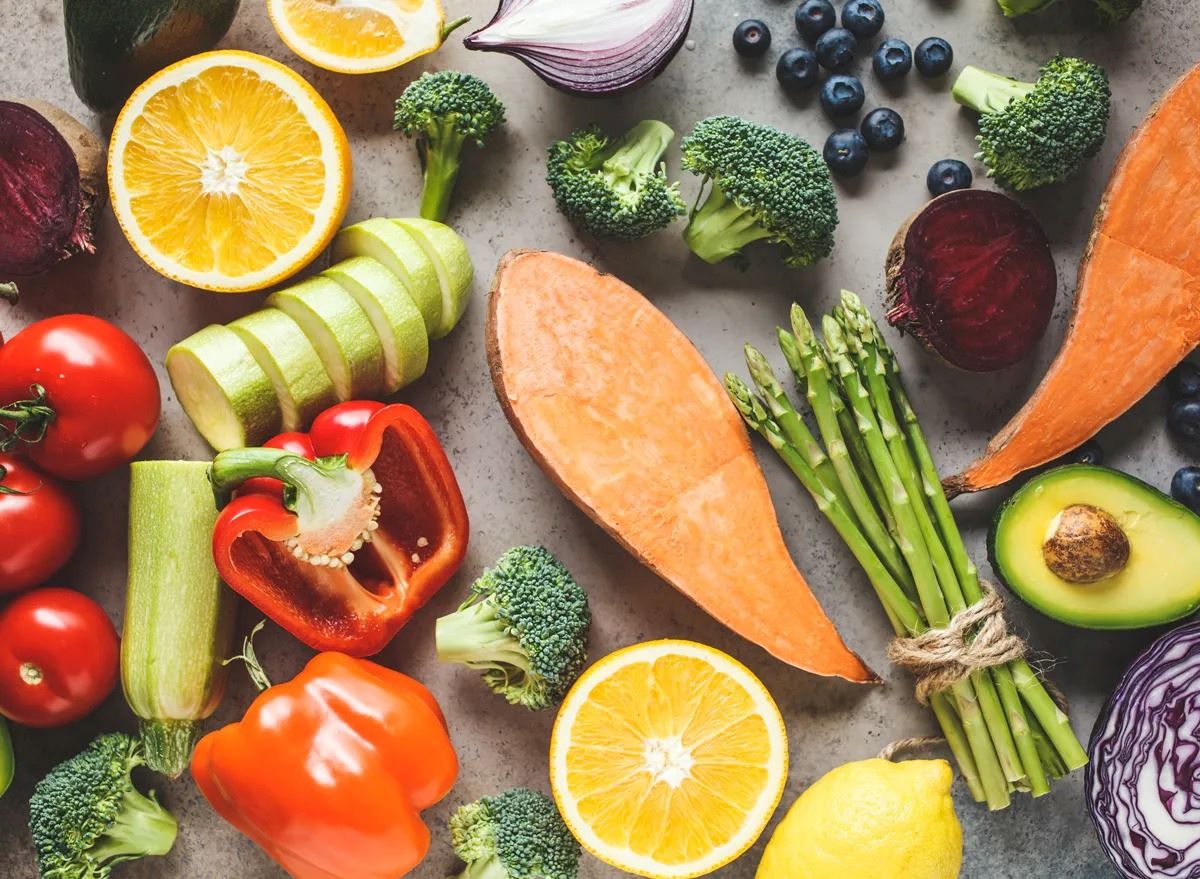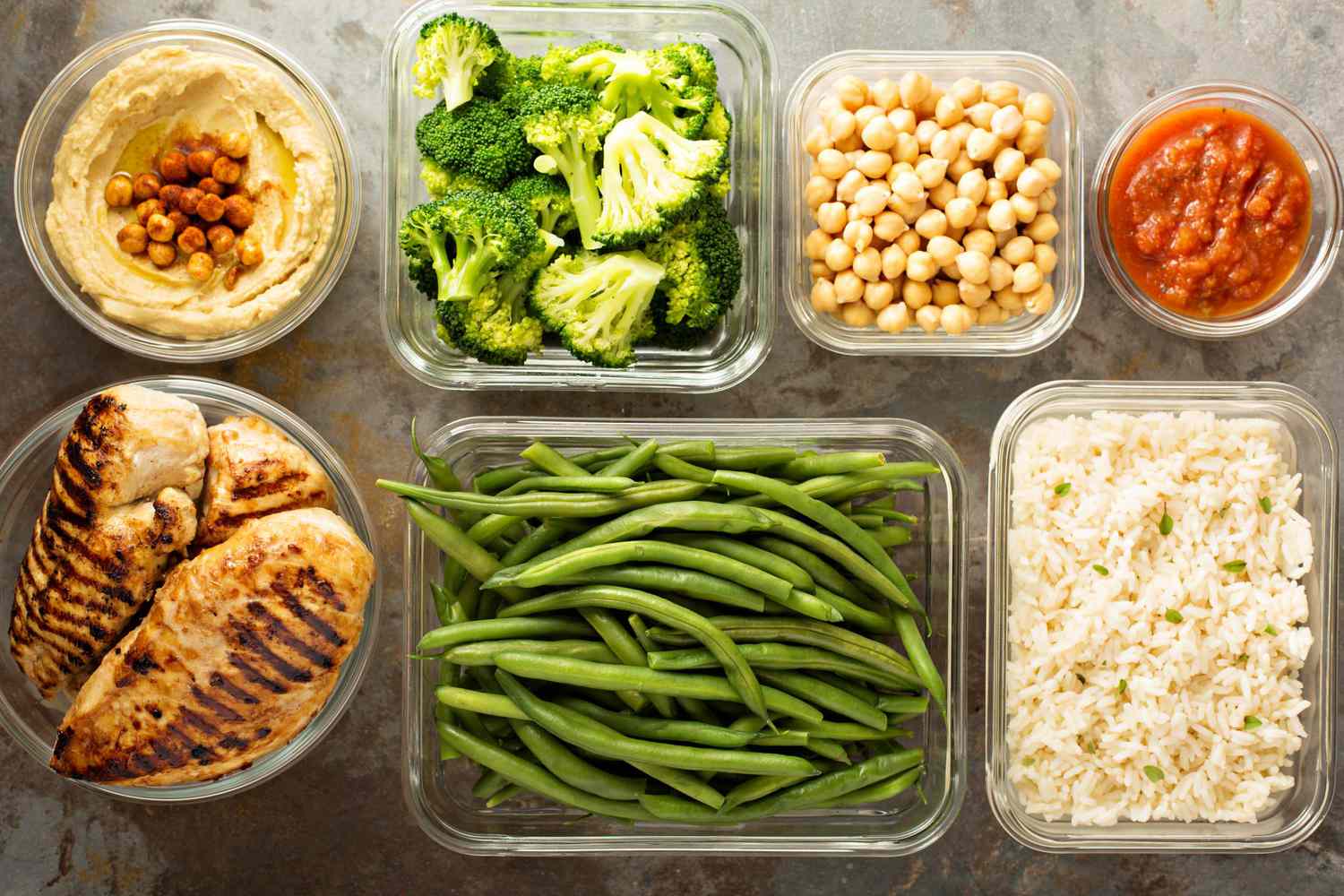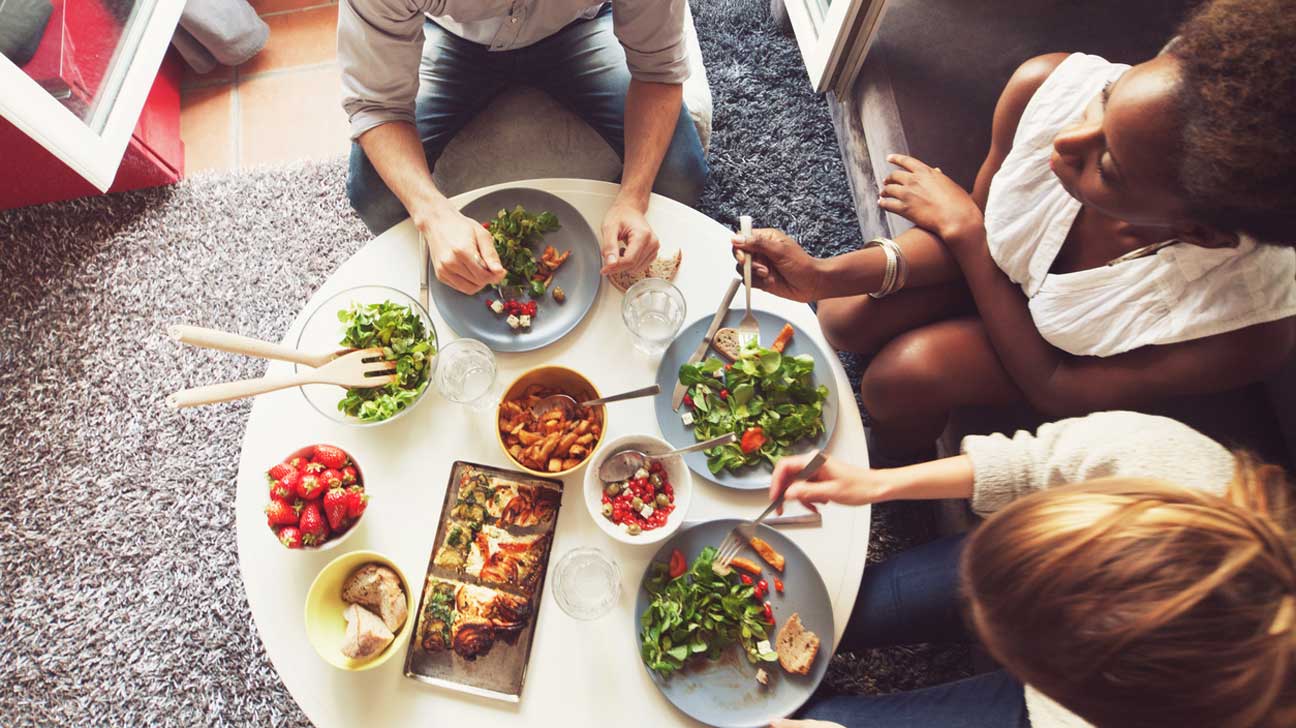Healthy Eating for Weight Loss
When it comes to losing weight, what you eat is just as important as how much you eat. Making smart food choices can help you reach your weight loss goals while still feeling satisfied and energized. Here are some tips on how to eat when wanting to lose weight:
Focus on Whole Foods
Eating whole foods is a great way to support your weight loss journey. Whole foods are minimally processed and packed with essential nutrients. Incorporate plenty of fruits, vegetables, lean proteins, and whole grains into your diet. These foods are not only nutritious but also help keep you full for longer periods, reducing the likelihood of overeating.
Watch Your Portions
Portion control is key when it comes to weight loss. Be mindful of the serving sizes of your meals and snacks. Using smaller plates and bowls can help you naturally eat smaller portions. Additionally, try to avoid eating straight from the package, as this can lead to mindless overeating.
Stay Hydrated
Drinking plenty of water is essential for overall health and can also support weight loss. Sometimes, feelings of hunger are actually signs of dehydration. Aim to drink at least 8 glasses of water per day, and consider sipping on water before meals to help control your appetite.
Limit Processed Foods and Added Sugars
Processed foods and added sugars can contribute to weight gain and make it harder to shed those extra pounds. Try to minimize your intake of sugary snacks, sodas, and processed foods high in unhealthy fats. Instead, opt for natural sweeteners like honey or fruits to satisfy your sweet tooth.
Include Healthy Fats
Contrary to popular belief, healthy fats are an important part of a balanced diet and can actually aid in weight loss. Incorporate sources of healthy fats such as avocados, nuts, seeds, and olive oil into your meals. These fats can help keep you full and satisfied, preventing excessive snacking.
Plan and Prepare Your Meals
Meal planning and preparation can help you make healthier choices and avoid impulsive, unhealthy meals. Set aside time each week to plan your meals and snacks, and consider prepping some items in advance. Having nutritious options readily available can prevent you from reaching for convenient but unhealthy choices.
Listen to Your Body
Listening to your body’s hunger and fullness cues is crucial for weight loss. Pay attention to when you feel hungry and when you feel satisfied. Eating slowly and savoring each bite can help you tune into your body’s signals, preventing overeating.
Seek Support and Accountability
Having a support system can make a significant difference in your weight loss journey. Whether it’s a friend, family member, or a professional, having someone to share your progress, challenges, and successes with can keep you motivated and accountable.
By incorporating these tips into your eating habits, you can support your weight loss goals while still enjoying delicious and satisfying meals. Remember, sustainable weight loss is about making long-term lifestyle changes, so focus on creating healthy eating habits that you can maintain for the long haul.
Was this page helpful?
mbo128 togel
https://mbo128.com/togel Agen judi togel pulsa online terpercaya MPO4D Indonesia











